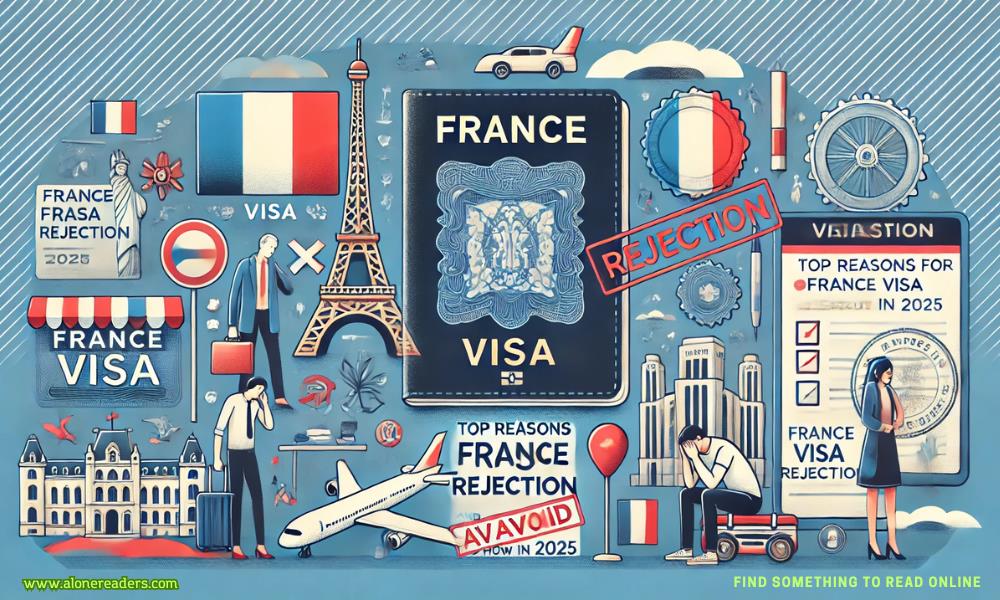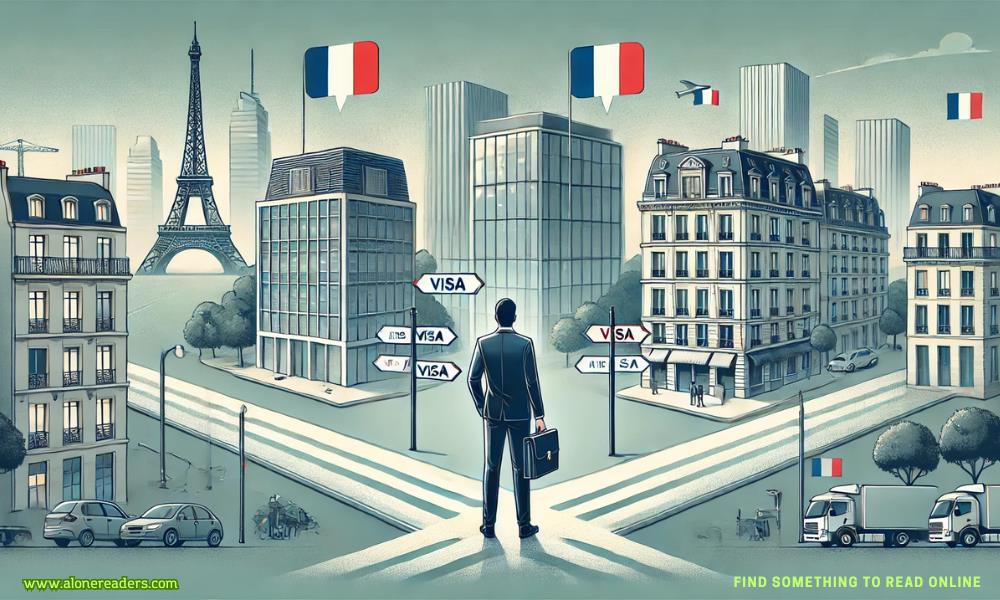Page 4 of Mission Shift
Before being forced to marry my father, she’d been a renowned ballerina, her movements as graceful and fluid as her name suggested. But Alexey Melnichenko—a ruthless billionaire who’d built his empire in the energy sector and fortified it through mafia dealings—had no room for grace or kindness. He wielded power like a weapon, crushing anything or anyone who dared to defy him. Much to his dismay, Mama had carried herself with a calm strength, the kind that could silence a room without her even uttering a word. She’d had a presence both commanding and soothing. She and I were too much alike, according to the Devil who’d raised me. Warm, loving, and funny in a way that made strangers laugh and kids feel at ease. She’d been kind to a fault, the sort of person who couldn’t pass by a stray animal without stopping to help. She’d never been able to bend to the ways of mafia life or play the role of the goodlittle wife, content with whatever he chose to give her, all while maintaining the perfect smile for others to see. I could still hear her laugh as she talked about the latest abandoned dog she’d sneaked into the house and how she was going to hide it from my father until she found it a new home. She used to say I had her heart, that same instinct to protect.
The Devil had snuffed out all that gentleness and light in my life the day Mama died—or rather, the day he killed her. I’d been in my secret playroom, hidden behind a bookshelf in the library that also served as his office. I’d always loved that space—just big enough for me and my books, with a tiny window letting in sunlight. That day, though, everything had changed as I pressed my ear to the seam of the door and listened.
His henchmen were arriving, ready to report in as usual, their boots echoing in the library’s cavernous silence. One of them spoke, his voice devoid of any emotion:“It’s done. The car went over the cliff clean. We made sure Irina didn’t stand a chance. The wreckage is mangled beyond recognition, and the authorities are dragging it up now. You’ll be getting their call soon.”
I had bitten down hard on the sleeve of my dress to stifle the gasp threatening to burst free.
My father’s response, colder than the stone floors beneath my knees, had sliced through my heart.“Good. Loose ends irritate the hell out of me. When they call, I’ll feign the perfect blend of devastation and disbelief.”At this point, he’d paused and let out a dark chuckle that caused my blood to run cold.“I’ll even manage a tear if it sells the story. Send word to the press. Her tragic accident will make headlines by morning.”
I’d crawled into the corner, unable to process it all, my chest heaving as I tried to keep silent. My six-year-old mind had barely been able to grasp the horror of what I’d just heard. Mamawasn’t coming back. My mother, with her warmth and grace, her stories and laughter, was gone because of him.
After that, the playroom didn’t feel safe anymore. And neither did I. His version of parenting became rigid rules, belt-inflicted punishments, and endless drills in everything from math to hand-to-hand combat.“Weakness,”he often snarled,“gets you killed.”I learned early on not to cry around him, not to show any emotion he could exploit. And now, I was his creature, sculpted and sharpened to serve his agenda and the Kremlin’s machine. The Devil hadn’t just stolen my mother; he’d stolen me too, forging me into the perfect instrument for the FSB’s Special Intelligence Division until my life dripped with blood, lies, and the obedience they’d beaten into me. And yet, a tiny piece of me had never stopped being my mother’s daughter.
Shaking off the memories, I crouched down next to a desk, running my fingers along its edges, searching for traps. The Devil had drilled paranoia into me as thoroughly as he had fighting techniques. Russian soldiers enjoyed leaving little parting gifts for those foolish enough to seek shelter in abandoned buildings—trip wires, grenades, pressure plates. I wasn’t about to let my guard down, not at the border’s edge. Not with a wounded soldier sprawled on the floor behind me and an American watching my every move. I carefully opened a drawer and flipped through the contents. Just useless junk. No weapons, no intel.
The American sat quietly after his little tirade. He didn’t speak; he just studied me. The early morning light seeped through the grimy glass of the windows, casting a pale glow on his tan skin. Sweat clung to him, darkening the front of his shirt.
I opened a cabinet, rummaging through old linens that were dry-rotting. Nothing. Slamming it shut, I turned to the sofa and gestured for the guy to stand and move to the side. I ripped thecushions free and tossed them to the floor. Dust motes exploded into the stale air, prickling my nose.
“What the hell are you doing?” His voice cut through the quiet, laced with irritation.
I didn’t bother answering. I could have, but I chose not to. The less he knew about me, the better for both of us. Instead, I stepped around my wounded comrade.
Bohdan Zelenko was one of the bravest men I’d ever known. He’d been a master sergeant under me for the last couple of years. I couldn’t tell you how many times we’d saved each other’s lives. He was a good man, one of only a few I’d ever worked with.
The American’s eyes were locked on me. Tension radiated from him, his body practically humming with nervous energy as he shouted at me again.
“Can you just shut up and stand still?” I muttered under my breath in Russian. I wasn’t in the mood for his commentary. He squinted at me and shrugged in confusion. Good, he didn’t seem to understand what I’d said.
He could be anyone, but there was one thing I knew for certain: he sure as hell didn’t belong in an abandoned home in a war zone…unless he was running from trouble. If he’d gotten this far without getting caught, then he wasn’t just lucky—he was smart, or dangerous, or both. He didn’t fight like a medic either. His moves were too instinctive, too practiced. Normal medics couldn’t throw punches the way he had.
Still, he didn’t carry himself like a soldier. No polish, no discipline. It left too many unanswered questions, and that made me uneasy. People didn’t just stumble onto battlefields.
The guy’s nervous energy put me on edge, but I pushed it aside, moving toward the next corner of the room. I continued searching for traps or useful tools, finding none.
Out of the corner of my eye, I saw him stand and move toward the kitchen. That was where the back door was; I bet he wastrying to bolt. I pivoted, leveling him with a glare. “Sadit’sya,” I said, ordering him to sit down, gesturing toward the floor.
He didn’t sit. Instead, he crossed his arms and stood at the threshold of the kitchen, leaning back against the doorframe. His golden-brown eyes narrowed. That quiet defiance hit me in a way I couldn’t fully explain—partly with annoyance, partly with intrigue. He pressed his lips together, drawing my attention to their fullness, and clenched his jaw. He was hot as hell, idealistic, and utterly out of his depth. I would have been attracted to him if we weren’t in such shit circumstances.
I turned back to the room, forcing my focus away from his stupid, distracting face. My fingers grazed a shelf, still searching. I huffed out in exasperation. Protecting myself was hard enough. Now, I had to deal with an American do-gooder who thought he could save the world with a bag full of bandages and granola bars. Everything about him screamed “bleeding heart,” and he obviously believed that the good in this world outweighed the bad. He needed a reality check for his own good.
And that wasn’t even the worst part. He had no way of knowing that Zelenko and I weren’t just some random Russian soldiers. We were Ukrainian undercover operatives. We’d been working together since switching sides over a year ago. Just before I’d dragged Zelenko into this place, we’d been discovered, and it was only a matter of time before someone came looking for the people who had slaughtered a handful of Russians carrying out a covert mission on this side of the border. This whole situation was a powder keg, and any wrong move would light the fuse.
I crouched near the kitchen doorway, inspecting the corners for hidden compartments or traps. My movements were efficient—search, scan, move on. Years of training dictated every step. The entire time, the American watched me, as though trying tofigure me out. “Good luck with that, Mr. Boy Scout,” I quipped in Russian.
When I straightened, I caught his gaze dipping briefly, scanning me from my boots to my face. He jerked his attention away too quickly. A smug smile twitched at the corner of my mouth. Maybe I could make this fun, torture him sweetly.
In another life, maybe I’d have flirted with him. But here? In this hellscape? I might as well be lusting after a ghost.
Zelenko stirred, his moans slicing through the uneasy silence. The bandages we’d wrapped around his abdomen were already soaked through with blood, and his chest rose in uneven, shallow jerks. I dropped to my knees beside him. His hand twitched weakly against the floor, and a pained groan rumbled low in his throat. “Hush, friend,” I said quietly in Russian. “Breathe. Just breathe.”
His eyes cracked open, unfocused but searching, and he rasped, “The American…he’s a problem.”
I glanced at the guy, who was staring at us as if trying to decode our conversation. “He doesn’t understand us,” I said to Zelenko. “Don’t worry about him. Lie still.”
Zelenko grimaced, pressing his lips into a pale, bloodless line. “I won’t last much longer,” he said in a strained whisper.
“You’re right,” I said bluntly. I took his hand gently and uttered in a soft tone, “You’ve done well. You’ve made the ultimate sacrifice in our fight for democracy. Just so you know—all you’ve accomplished will be known. I’ll see to that. Now, you deserve peace.” There wasn’t any point in lying to a man on death’s doorstep.
- The Sheikh and the Single Mom by Holly Rayner
- Extra Tight by A.R. Taboo
- Dominance by Lisa Cullen
- Buried by T.O. Smith
- Savage Claim by Bella Ash
- Savage Proposal by Bella Ash
- Inappropriately Matched by Chloe Kent
- Wilde Secrets by Melanie Hepburn
- The Devil's Torment by Tracie Delaney
- Ms. Mosley by Talena Tillman
- Stricken by N.N. Britt
- Unspoken by N.N. Britt
- Isaac by N.N. Britt
- Past Lovers by Kelex
- Bitten by Kelex
- Best Friends by Kelex







